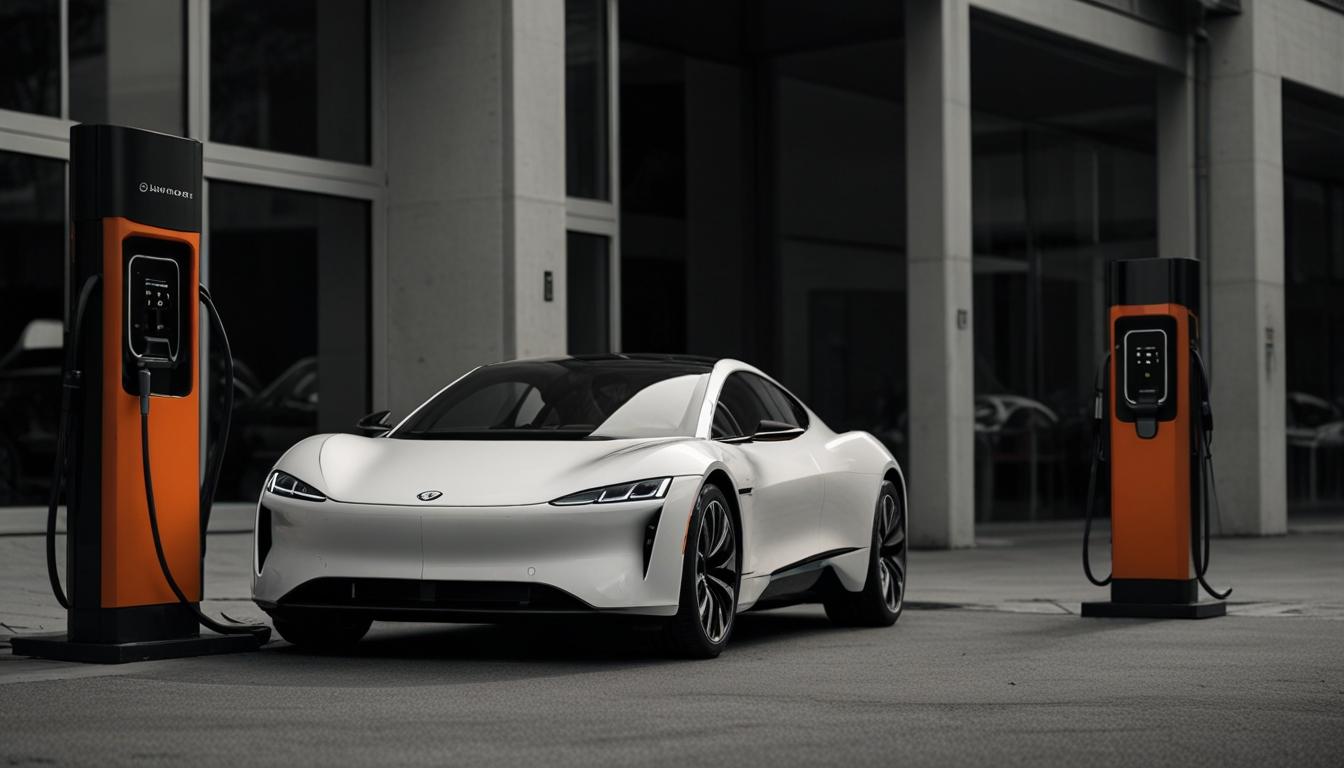Recent studies suggest that increasing the use of biofuels could lead to a greater reduction in greenhouse gas emissions compared to solely relying on electric vehicles. Meanwhile, a J.D. Power study reveals higher issue rates in EVs than traditional gas vehicles, shedding light on the challenges facing the electric vehicle market.
Studies Advocate for Increased Biofuel Usage to Cut Transportation Emissions
Recent independent studies suggest that a greater reliance on biofuels could significantly reduce greenhouse gas emissions more effectively than solely focusing on electric vehicles (EVs). Scott Richman of the Renewable Fuels Association (RFA) highlights that the studies examine the impact of electric vehicles on both liquid fuel and electricity consumption, alongside the potential benefits of flex fuel vehicles.
According to the findings, carbon reductions can be achieved more rapidly and economically through the use of low-carbon liquid fuels compared to the widespread adoption of battery-electric vehicles. RFA CEO Geoff Cooper indicates that these studies also project a dramatic decrease in liquid fuel demand and a notable rise in electricity consumption as a consequence of new vehicle standards set by the EPA and California.
J.D. Power Study Reveals Higher Issue Rates in EVs Compared to Gas Vehicles
The 2024 Initial Quality Study from J.D. Power reveals that electric vehicles report higher issue rates than their gasoline counterparts. In its 38th year, the study evaluates vehicles based on the number of problems per 100 units (PP100). The latest findings show that gas and diesel vehicles average 180 PP100, while EVs and plug-in hybrid electric vehicles (PHEVs) average 266 PP100. Notably, even Tesla, often seen as a leader in the EV market, received poor marks due to issues with turn signals and wiper controls.
In terms of brand rankings, Ram emerged as the top brand for initial quality, with Porsche leading among luxury brands.
These studies provide crucial insights into the ongoing debate over the most effective strategies for reducing transportation emissions and the challenges facing electric vehicle quality.













